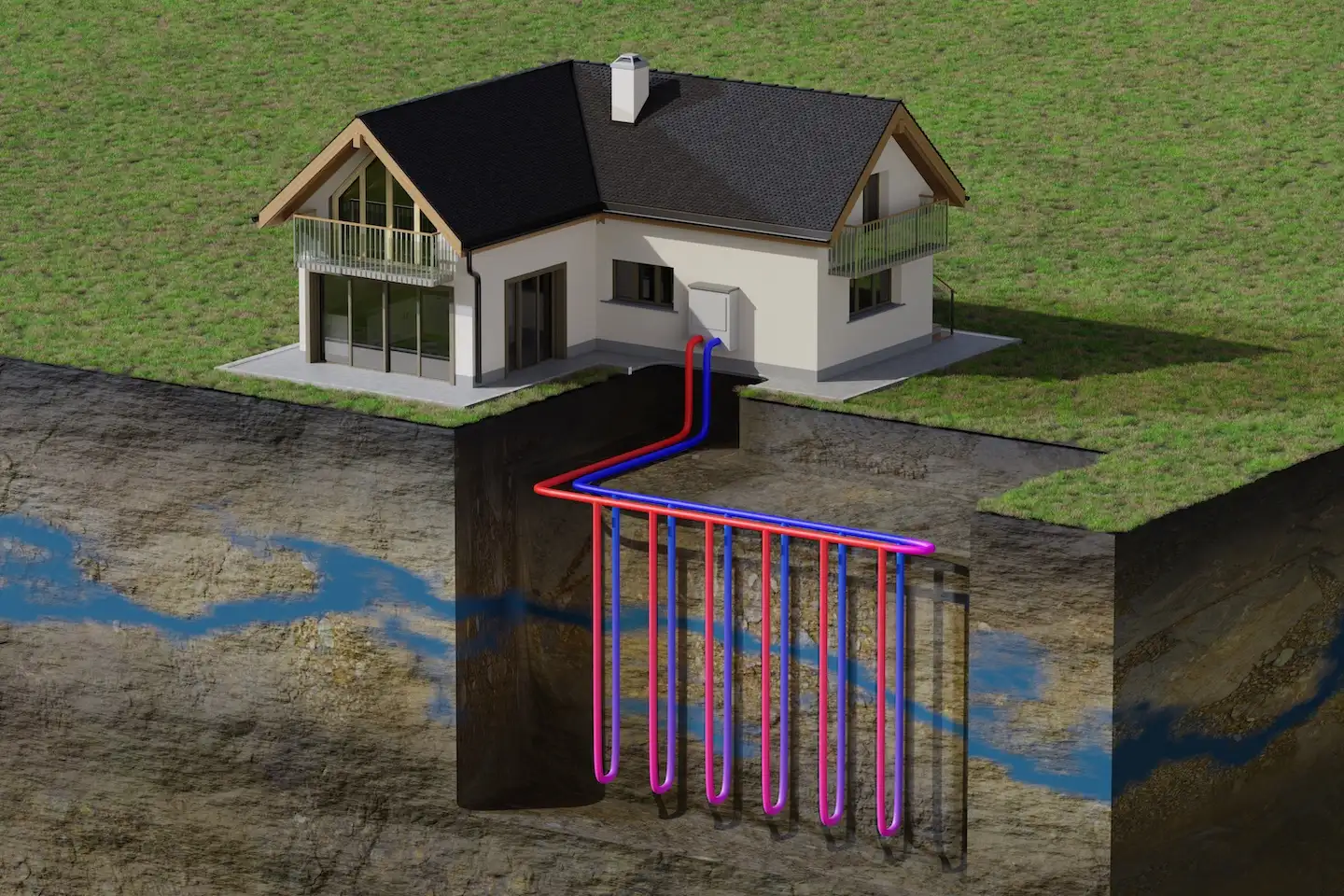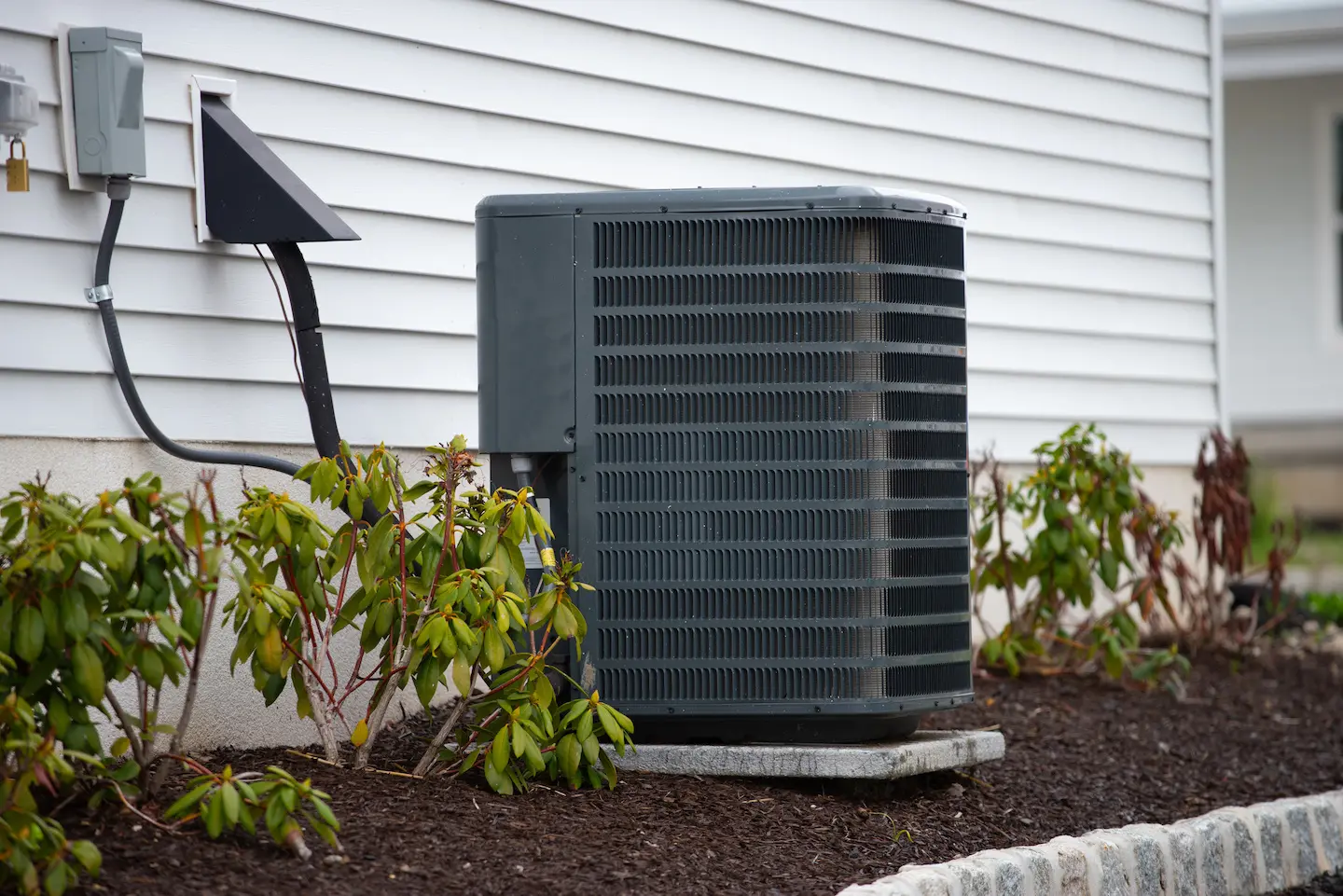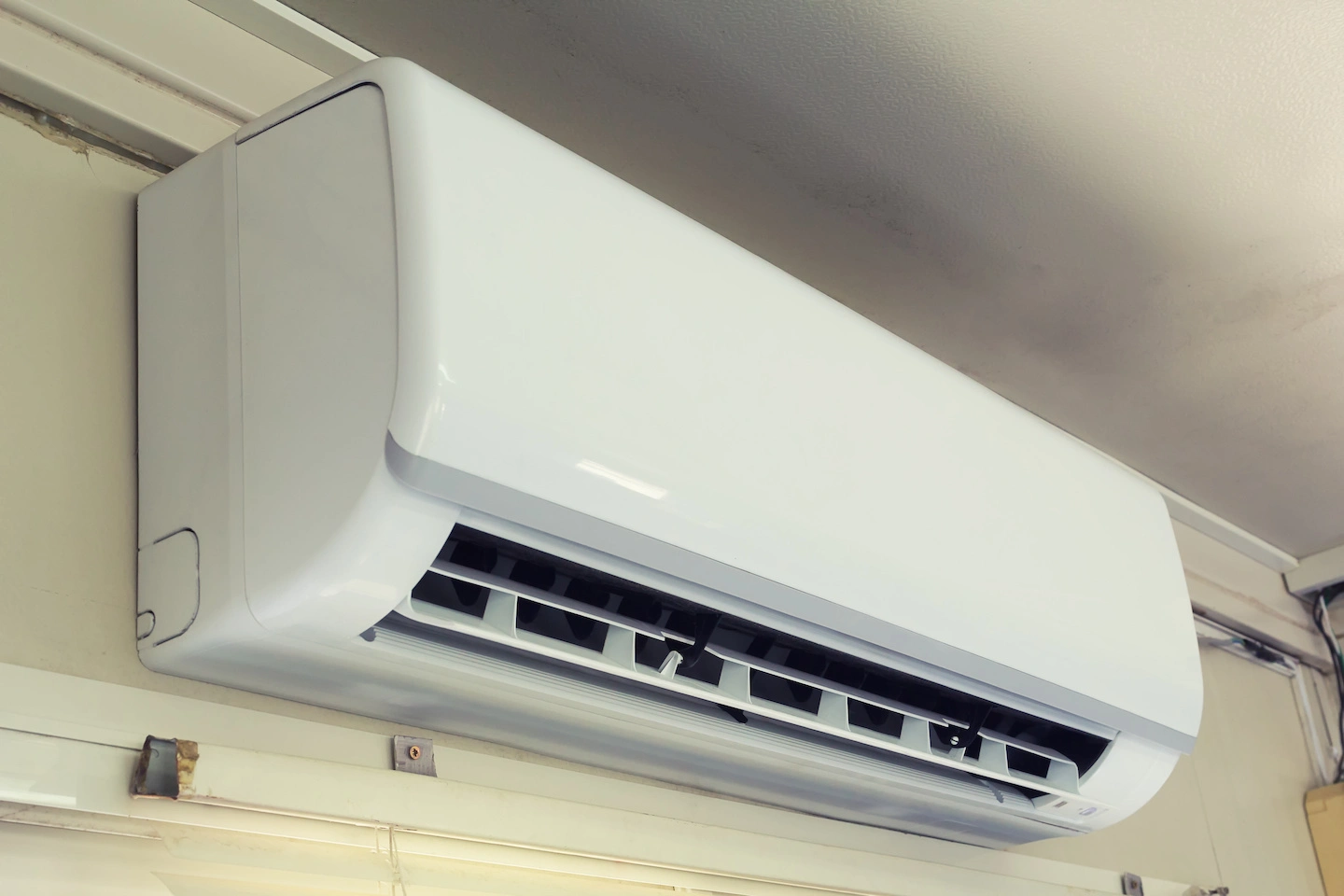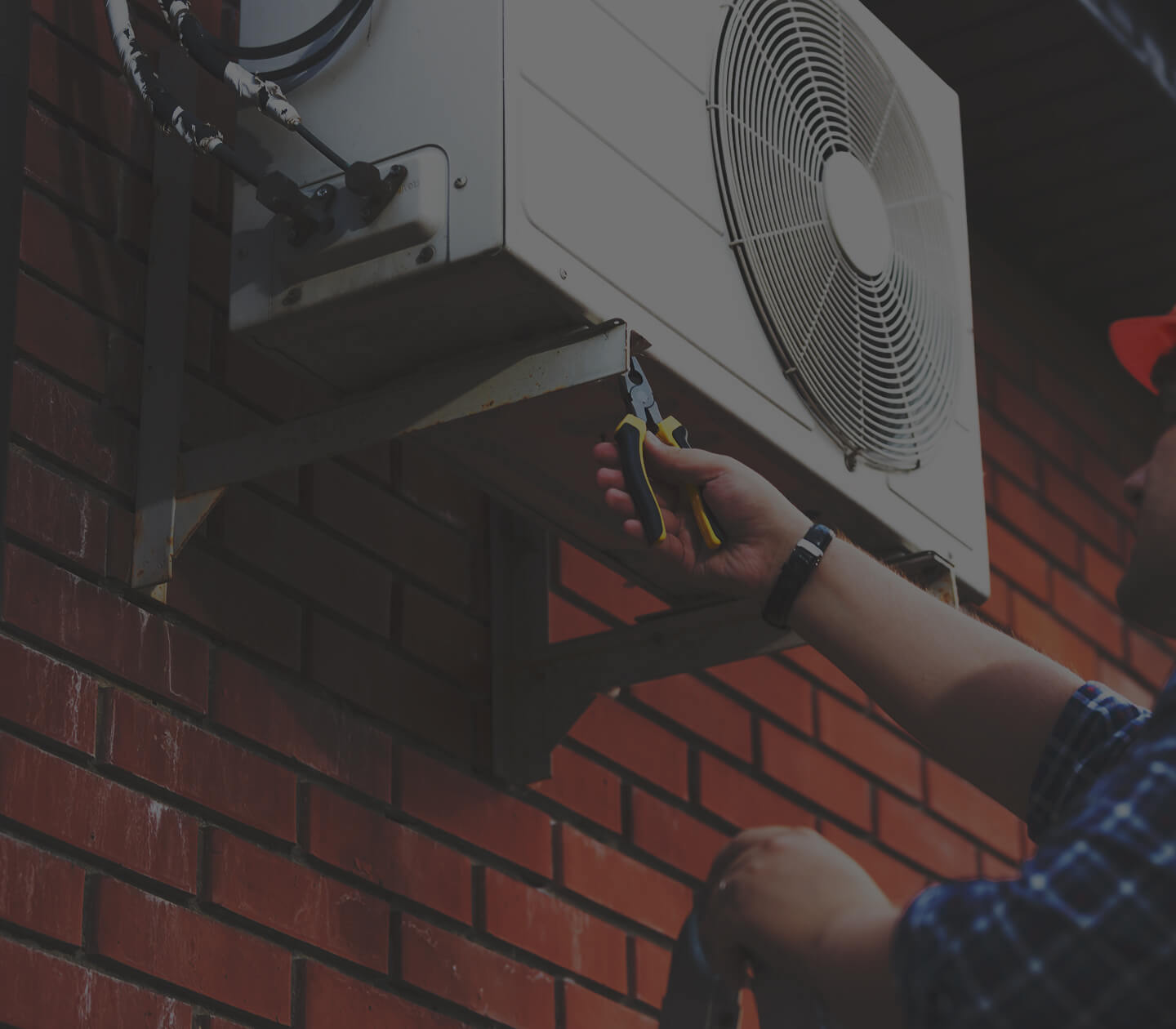When it comes to keeping your home comfortable throughout the year, choosing the right HVAC system is crucial. Two popular options for maintaining indoor temperatures are heat pumps and air conditioning systems. Understanding the differences between these two systems can help you make an informed decision about which one is best suited for your home. In this blog post, we’ll delve into the distinctions between heat pumps and air conditioning, helping you weigh the pros and cons of each.

Heat Pump Explained
Heat pumps are versatile heating and cooling systems that operate by transferring heat between the indoor and outdoor environments. During the colder months, it extracts heat from the outdoor air and transfers it indoors to warm your home. In the summer, the process is reversed, with the heat pump removing heat from indoor air and expelling it outside, effectively cooling your living space.
Advantages of Heat Pumps:
- Versatility: Heat pumps offer both heating and cooling functions, making them suitable for year-round use.
- Energy Efficiency: By transferring heat rather than generating it, heat pumps can be more energy-efficient than traditional heating systems.
- Cost Savings: With the ability to provide both heating and cooling, heat pumps can potentially lower utility bills compared to separate heating and cooling systems.
- Environmentally Friendly: Heat pumps produce fewer greenhouse gas emissions compared to systems that rely on fossil fuels for heating.
Air Conditioning Explained
Unlike a heat pump, which is designed for heating and cooling, air conditioning systems are specifically designed for cooling indoor spaces. Two of the most common types of air conditioning systems include central air conditioning and mini splits.

Central Air Conditioning
Central air conditioning is a traditional cooling system that uses ductwork to distribute cooled air throughout the home. A central unit, typically located outside the house, cools the air and sends it through ducts to individual rooms via vents or registers. This system is controlled by a thermostat, allowing you to set and maintain your desired indoor temperature.
Advantages of Central Air Conditioning:
- Whole-House Cooling: Central air conditioning provides consistent cooling throughout the entire home, ensuring every room receives conditioned air.
- Seamless Integration: Central AC systems can be integrated with existing ductwork, making them a convenient option for homes with established duct systems.
- Quiet Operation: Central air conditioning units are often designed for quiet operation, minimizing noise levels inside the home.
- Enhanced Home Value: Installing central air conditioning can increase the resale value of your home, as it is a desirable feature for many buyers.

Mini Split Systems Explained
Mini split systems, also known as ductless mini splits, consist of an outdoor compressor/condenser unit connected to one or more indoor air-handling units via refrigerant lines. Unlike central air conditioning, mini splits do not require ductwork to deliver cooled air. Instead, they use individual air handlers mounted on walls or ceilings in each room or zone, allowing for customizable cooling solutions.
Advantages of Mini Split Systems:
- Zone Control: Mini splits offer individual temperature control for each room or zone, allowing occupants to adjust settings based on their preferences.
- Energy Efficiency: Because they don’t rely on ductwork, mini split systems can avoid energy losses associated with ductwork leaks and provide more efficient cooling.
- Flexible Installation: Mini splits are ideal for homes without existing ductwork or where traditional ducted systems are impractical or costly to install.
- Quiet Operation: Indoor air handlers of mini split systems are typically quieter than central air conditioning units, providing a more peaceful indoor environment.
Heat Pump vs Air Conditioning: Which is Better?
For homeowners in Lafayette, Louisiana, choosing between a heat pump and an air conditioner can depend on a variety of factors including the size of the space, budget, and personal preferences.
With its convenient and cost-effective versatility, a heat pump can be particularly beneficial for Lafayette residents. Since the cold days are far and few in Lafayette, a heat pump provides the ability to quickly switch between heating and cooling as needed. When those chilly nights hit in December and January, you can enjoy reliable heating, and, if needed, switch back to cooling during the day as the temperature rises.
Additionally, heat pumps offer energy efficiency, potentially reducing utility bills compared to separate heating and cooling systems. With fewer greenhouse gas emissions, they also align well with the environmental concerns of the region.
On the other hand, air conditioning systems, including central air conditioning and mini splits, are designed specifically for cooling indoor spaces. They provide that level of crisp, cool air that homeowners in Lafayette crave on a hot and humid summer day.
At the end of the day, it really comes down to your personal preferences. The experts at Lee’s AC can help you choose the best system for your needs, be it heat pump or air conditioning. Our technicians are not commission based, so you can trust us to deliver honest, transparent service dedicated to helping you live comfortably.


